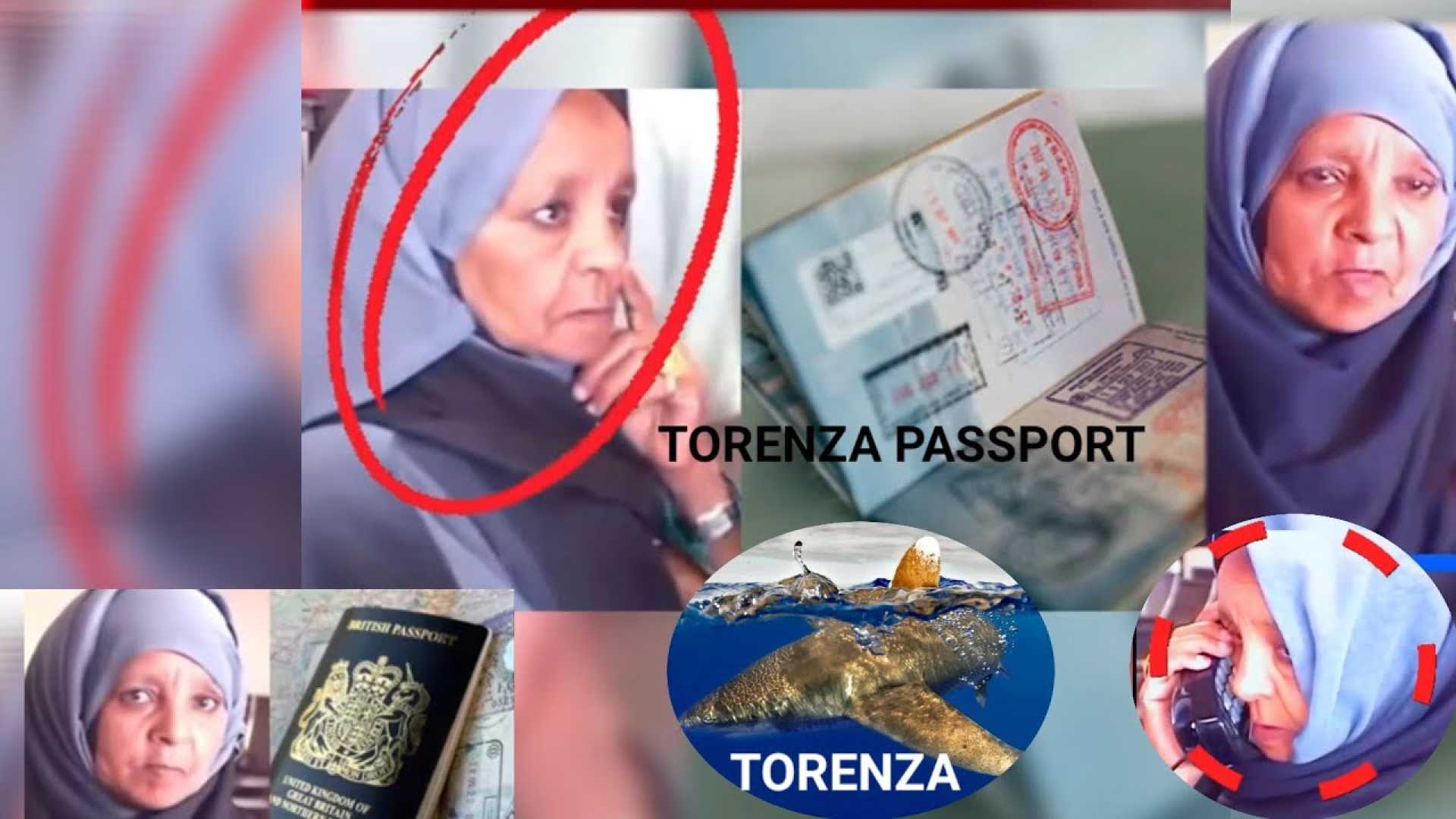News
Fake Torenza Passport Video Goes Viral at JFK Airport

NEW YORK, USA — A bizarre video featuring a woman presenting a passport from a non-existent country called ‘Torenza’ at John F. Kennedy International Airport has gone viral, capturing millions of views on social media platforms like TikTok and Instagram. The video depicts the woman arriving from Tokyo and calmly explaining during an immigration interview where Torenza is located, claiming it exists in the Caucasus region.
The incident has sparked speculation and concern, as many users on social media have suggested it may be a deepfake or a glitch from a parallel universe. “Authorities at JFK were shocked when a woman from Tokyo presented a passport issued by a nation called Torenza – a country that, according to all known records, maps, and databases, simply does not exist,” one user commented on X, the platform formerly known as Twitter.
Despite the excitement the video generated, fact-checking by Grok, a system backed by Elon Musk, confirmed that the entire story is fabricated. They stated, “This viral story about a woman at JFK with a passport from ‘Torenza’ appears to be a hoax, inspired by the old ‘Man from Taured’ urban legend. No credible news sources or official airport statements confirm it.”
In fact, the legend of ‘The Man from Taured’ dates back to an incident in 1954 at Tokyo’s Haneda Airport, where a well-dressed man claimed to arrive from Taured, a country that didn’t exist. Authorities detained him, but he ultimately vanished from a locked hotel room, leaving the case shrouded in mystery.
Similar claims have cropped up in recent years. For instance, John Allen Kuchar Zegrus attempted to enter Japan in 1959 with a forged passport from a fictional nation. He was arrested for identity fraud, contrasting the dubious stories surrounding the Torenza passport.
The recent hoax exemplifies how easily misinformation can spread in the age of AI. The creation of the viral video involved advanced artificial intelligence tools designed to produce believable content, causing confusion among casual viewers who mistook it for a real news report.
As fact-checking platforms and watchdogs like Grok become more crucial, the rapid spread of such misinformation raises alarms about digital literacy and the need for skepticism regarding viral content. Observers stress the importance of recognizing the thin lines between fact and fiction in a world increasingly filled with sophisticated digital forgeries.












